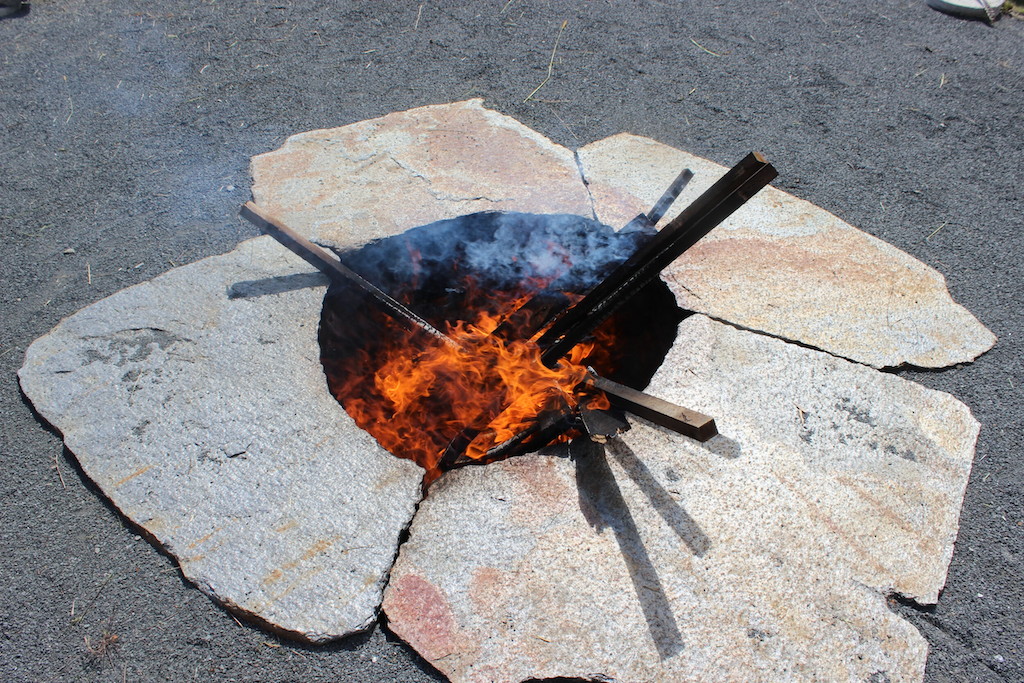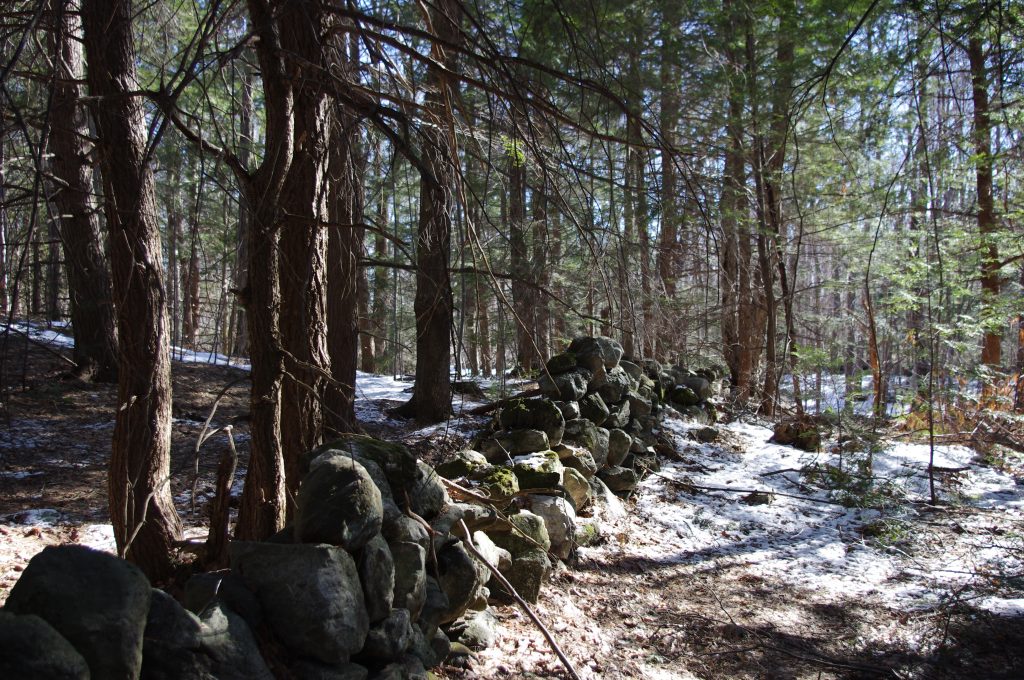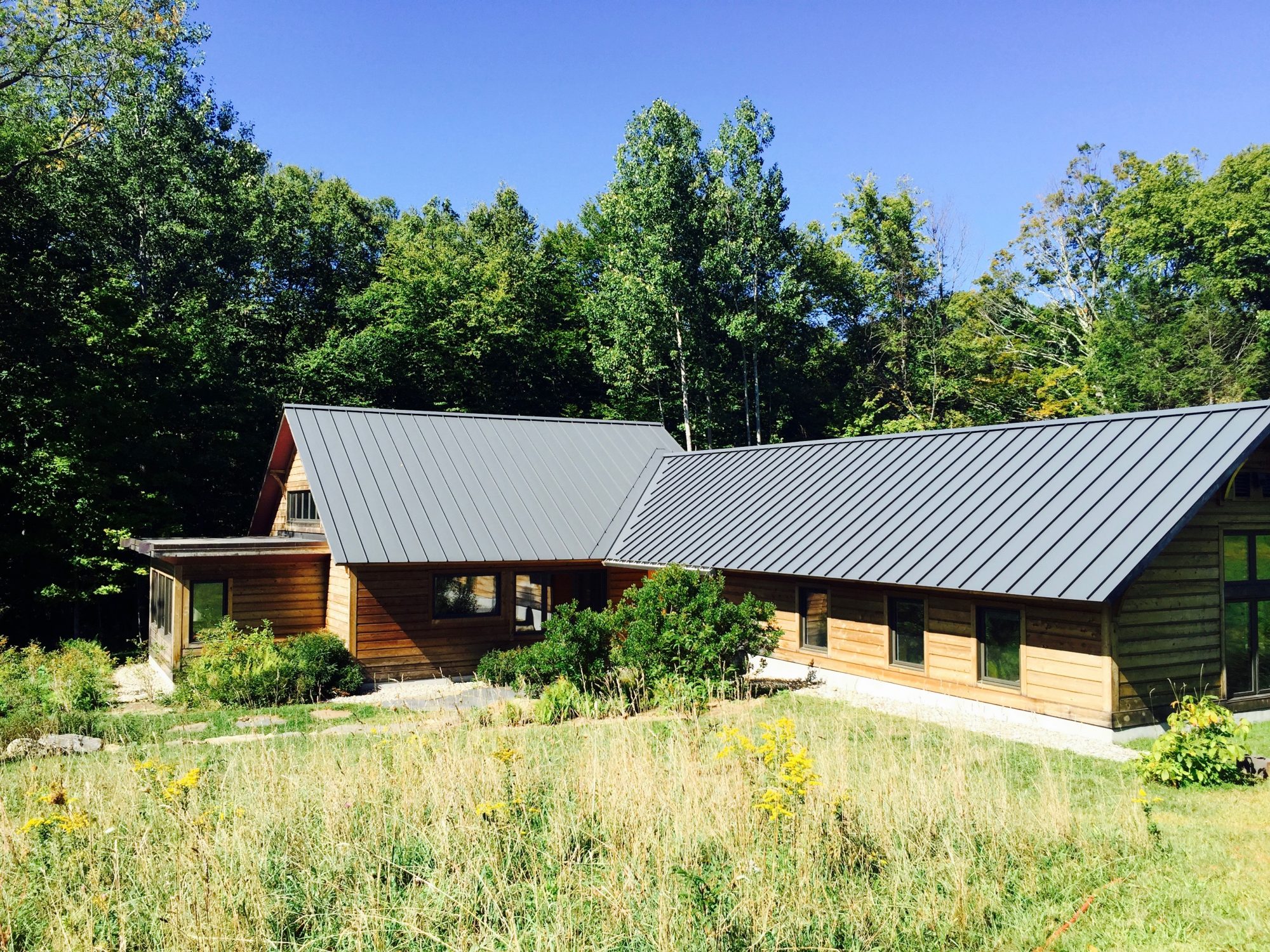As environmental and humanitarian crises increasingly provoke our scientific and social imaginations, we believe it is vital that our artistic, literary, and philosophical imaginations be just as fully engaged. The Center for the Environment (CEEDS) established the Arts Afield program in order to formalize and encourage work in the arts and humanities at the MacLeish Field Station with the goal of investigating and contributing to the development of ecological consciousness.
One aspect of the Arts Afield program uses long term ecological reflections as a catalyst to facilitate our understanding of local ecological change and how human behavior is involved.
Designed to mirror the National Science Foundation’s Long Term Ecological Research Program, Long Term Ecological Reflections (LTER) brings scientists, creative artists, and humanities scholars together to consider new ways to conceptualize and communicate views of long-term ecological change (200 years). LTER inquiry integrates the arts and humanities with traditional scientific approaches and includes a critical focus on how humans are contributing to the changes seen in the landscape. Our ten “research plots” for the arts and humanities at MacLeish have each been selected for a special characteristic such as its topography, vista, or cultural history, and invite artists, visitors, and students alike to pause, reflect, and create.


